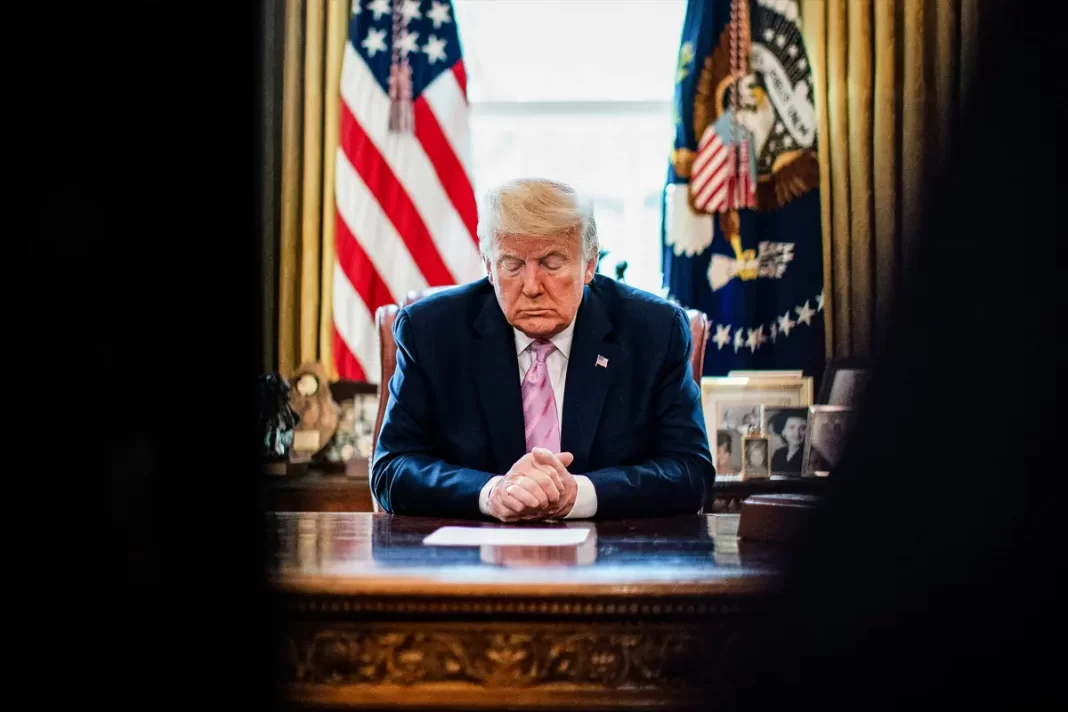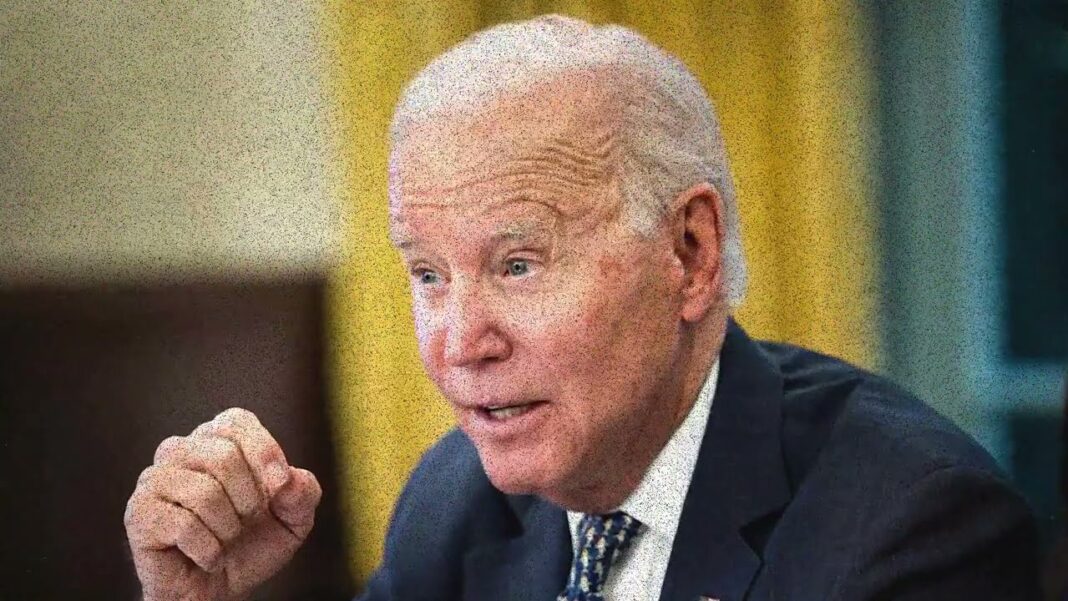The bond between conservative Christians and President Trump has grown since 2016; here’s what might influence their votes in 2024.
The powerful voting bloc of evangelical Christians helped candidate Donald Trump win in 2016. Though reluctant supporters at first, they came to love him, showing President Trump greater support in 2020 than that showered on candidate Ronald Reagan decades earlier.
For the era-defining contest next year, evangelicals appear more pro-Trump than ever. But the president’s greatly expanded appeal to the wider Republican base means he could win the primaries even if evangelicals don’t turn up to the polls.
The makeup of the evangelical powerhouse has evolved in the eight years since the real estate mogul descended the escalator of Trump Tower to announce his run for the White House. Diminished by the United States’ shift to secularism and altered elementally by President Trump himself, the political chemistry of evangelicals is much different from 2016, when the loosely organized coalition united to back him over Hillary Clinton.
As the primary season nears and all eyes turn to Iowa, at least one prominent evangelical isn’t supporting President Trump. Bob Vander Plaats, president of The Family Leader, endorsed Florida Gov. Ron DeSantis on Nov. 21.
“Iowa will rise up,” he told the Blaze. “This is not leadership our country needs.”
President Trump, meanwhile, in a Truth Social post wrote that “anyone who would take $95,000, and then endorse a Candidate who is going nowhere, is not what Elections are all about!”
Mr. Vander Plaats said in response that his endorsement had no link to the money and “has never been and never will be for sale.”
For now, Republicans appear to be solidly behind President Trump, who rated 60 percent in an average of national polls compiled by FiveThirtyEight on Nov. 22. His nearest challenger for the GOP nomination garnered just 13 percent. Subtracting the entire evangelical voting bloc, which was about 21 percent of Republican voters in 2020 and is likely less today, would still leave President Trump with a double-digit lead.








